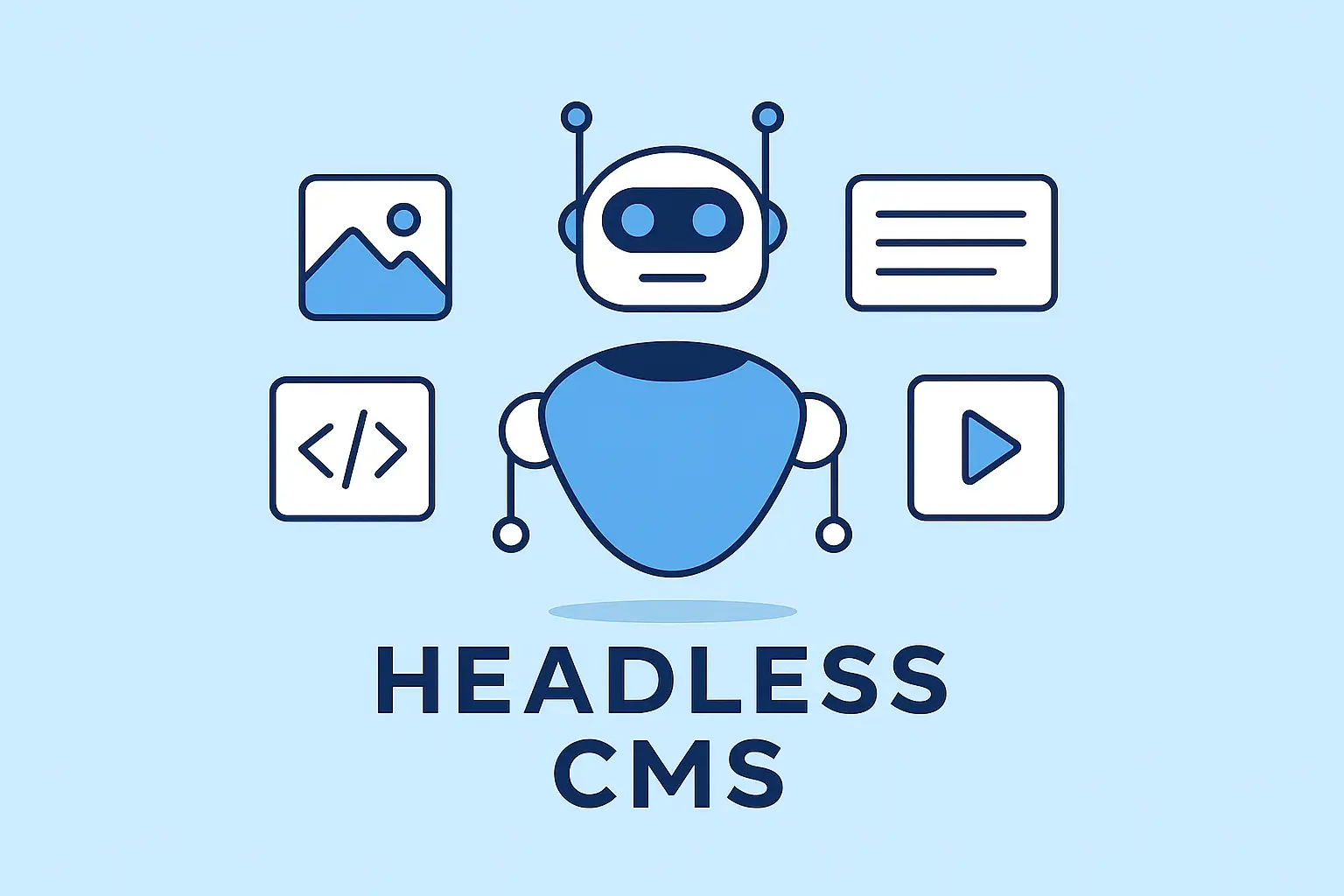Updatated on Aug 22, 2024
Introduction
Optimising your website’s SEO is essential for improving search engine rankings and user experience. Fortunately, many effective SEO tools are available for free online. Here’s a straightforward guide to testing and evaluating SEO using these free tools.
1. Performing an SEO Audit
a. Technical SEO Check
-
Crawl Your Website
- SiteChecker: Use SiteChecker (free tier) to perform a basic site audit, identifying issues like broken links and duplicate content.
-
Check Indexability
- Google Search Console: Access Google Search Console to view which pages are indexed and identify any indexing problems.
b. On-Page SEO Evaluation
-
Title Tags and Meta Descriptions
- SEO Site Checkup: Use SEO Site Checkup to review your page titles, meta descriptions, and other on-page SEO factors.
-
Header Tags
- SEO Site Checkup: The same tool also evaluates header tags and other on-page SEO elements.
2. Analyzing Your Content
a. Content Quality and Relevance
-
Keyword Optimisation
- Google Keyword Planner: Access Google Keyword Planner for keyword research, though a Google Ads account is required for full access.
- This one is my favourite which is free and gives some basic idea Wordstream
-
Readability
- Hemingway Editor: Check content readability with Hemingway Editor, which helps make your writing clear and easy to understand.
- Grammarly: Use the free version of Grammarly for grammar and readability checks.
b. Content Duplication
- Check for Duplicate Content
- Siteliner: Use Siteliner to find duplicate content within your site and receive a report on other SEO issues.
3. Evaluating Site Performance
a. Page Speed
- Test Page Load Times
- Google PageSpeed Insights: Analyse how quickly your pages load and receive suggestions for improvement with Google PageSpeed Insights.
- GTmetrix: Use the free tier of GTmetrix to test your page speed and get performance recommendations.
b. User Experience
- Analyse User Behaviour
- Google Analytics: Track how users interact with your site, including bounce rates and session durations, using Google Analytics.
4. Checking Backlinks and Domain Authority
a. Backlink Profile
- Analyse Backlinks
- Ahrefs Backlink Checker: The free version of Ahrefs Backlink Checker allows limited backlink analysis, giving insights into your link profile.
b. Domain Authority
- Assess Domain Authority
- Moz Link Explorer: Use Moz Link Explorer for a limited free analysis of your domain authority and backlink profile.
5. Monitoring SERP Rankings
a. Track Keyword Rankings
- Rank Tracking Tools
- SERPWatcher (Free Trial): SERPWatcher offers a free trial for tracking keyword rankings, though full access requires a paid plan.
b. Analyse SERP Features
- Check for Rich Snippets and SERP Features
- Google Search Console: Use Google Search Console to see if your pages are appearing in rich snippets or other special SERP features.
6. Using SEO Reporting Tools
- Google Search Console: Provides detailed information about search queries, indexing status, and site performance.
- Google Analytics: Offers insights into traffic sources, user behaviour, and conversion rates.
7. Adjusting and Refining SEO Strategies
Based on the insights from these tools, make data-driven changes to enhance your SEO. Regularly review and adjust your strategies to keep up with best practices and changes in search engine algorithms.
Conclusion
Using these free online tools, you can effectively test and evaluate your website’s SEO. They cover various aspects of SEO, from technical issues and content quality to site performance and backlink analysis. Regular use of these resources will help you maintain and improve your site’s search engine performance.






